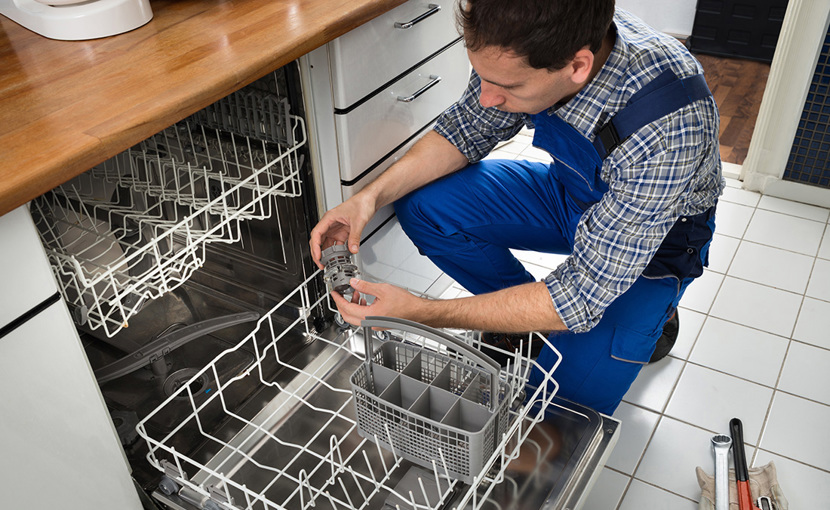Appliance Service Technician
Appliance service technicians install, service and repair household and commercial appliances such as ranges, ovens, clothes washers, dryers, freezers, refrigerators, air conditioners, microwave ovens, dishwashers, waste disposers and waste compactors.


